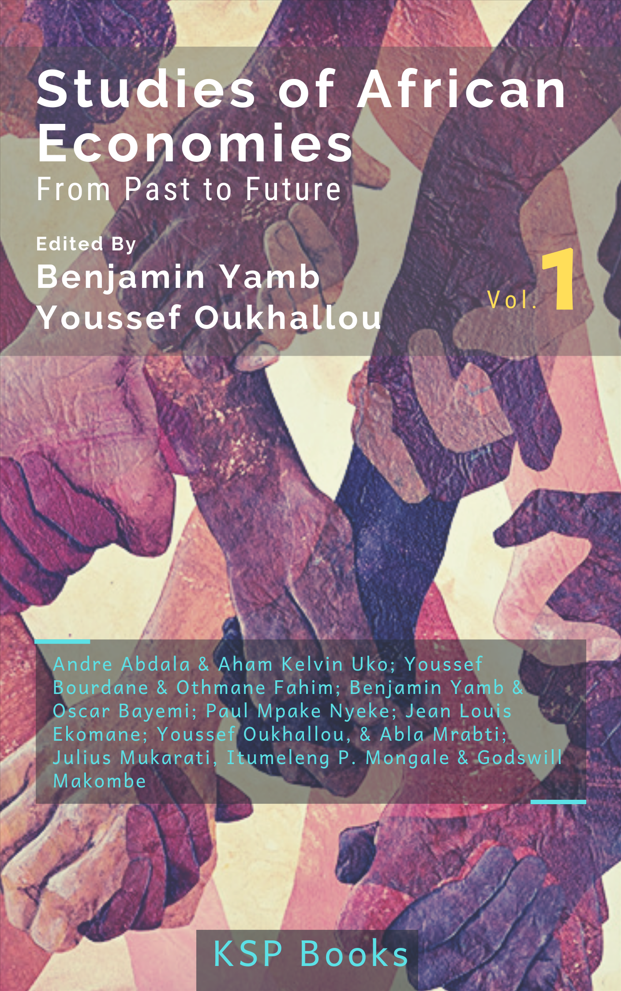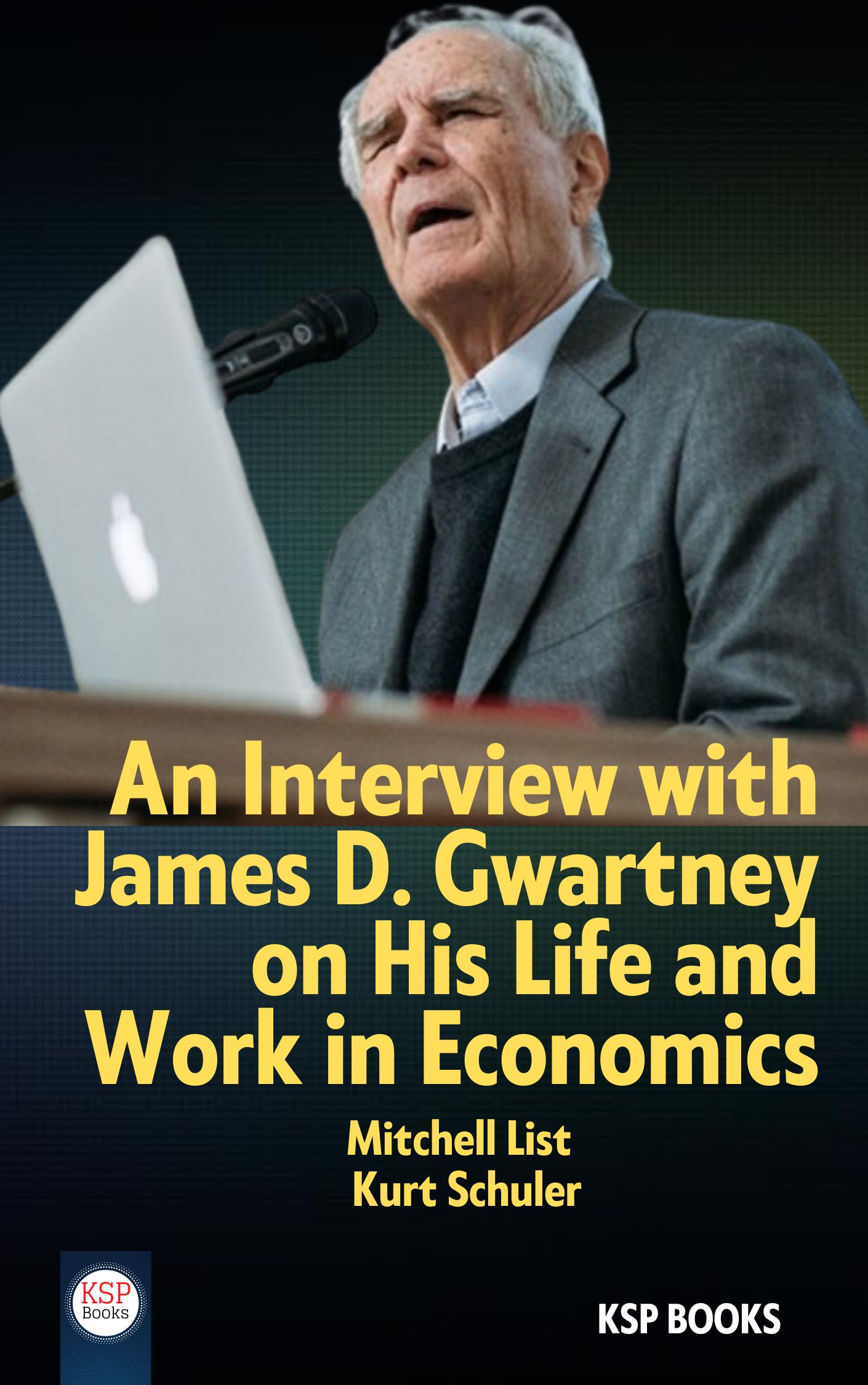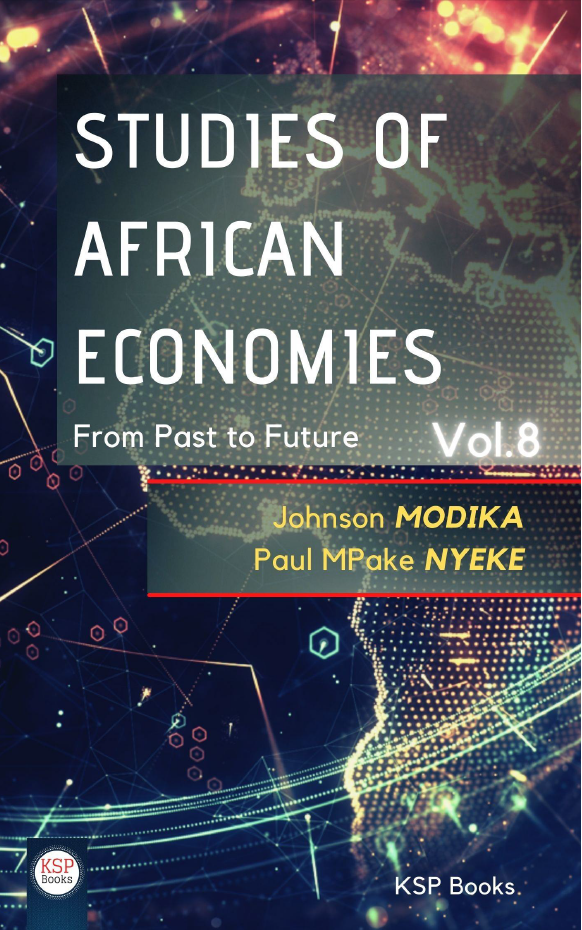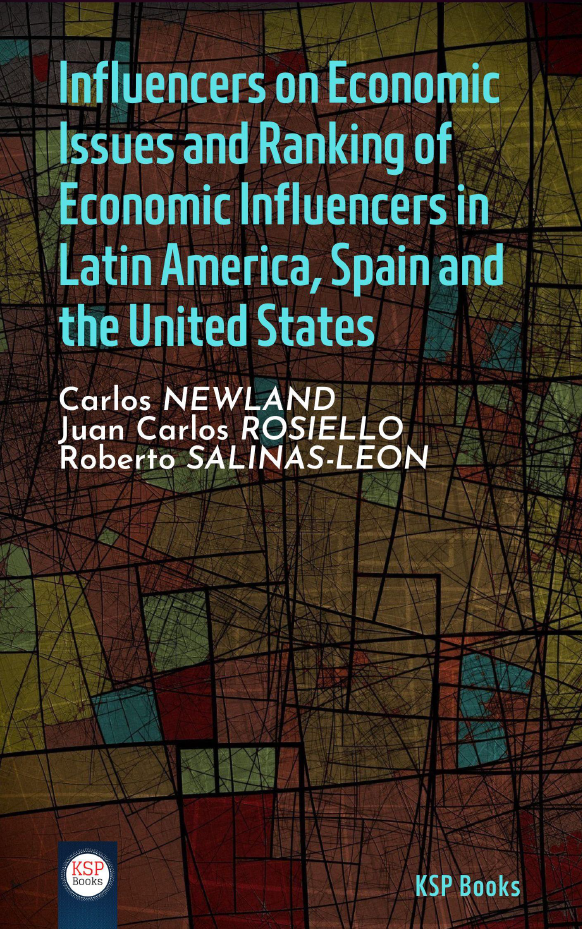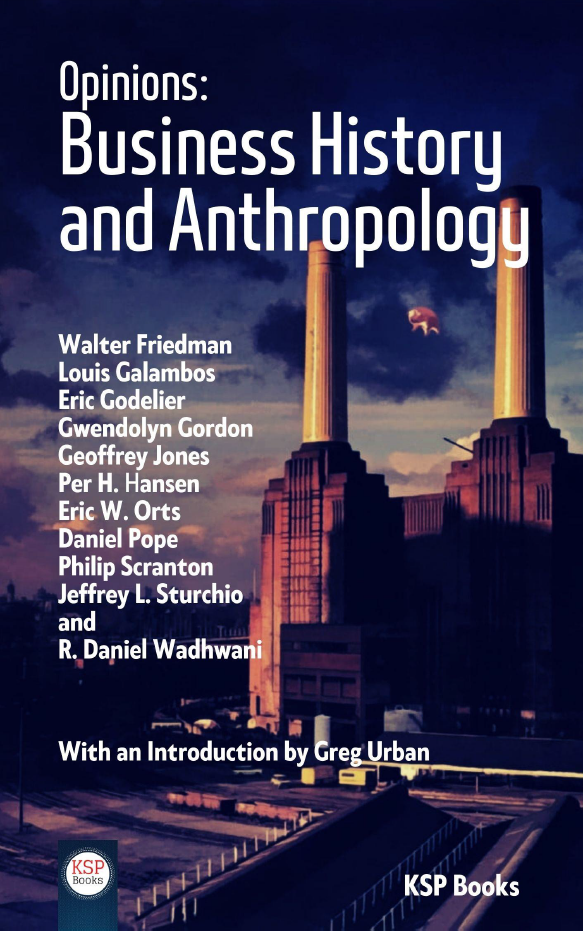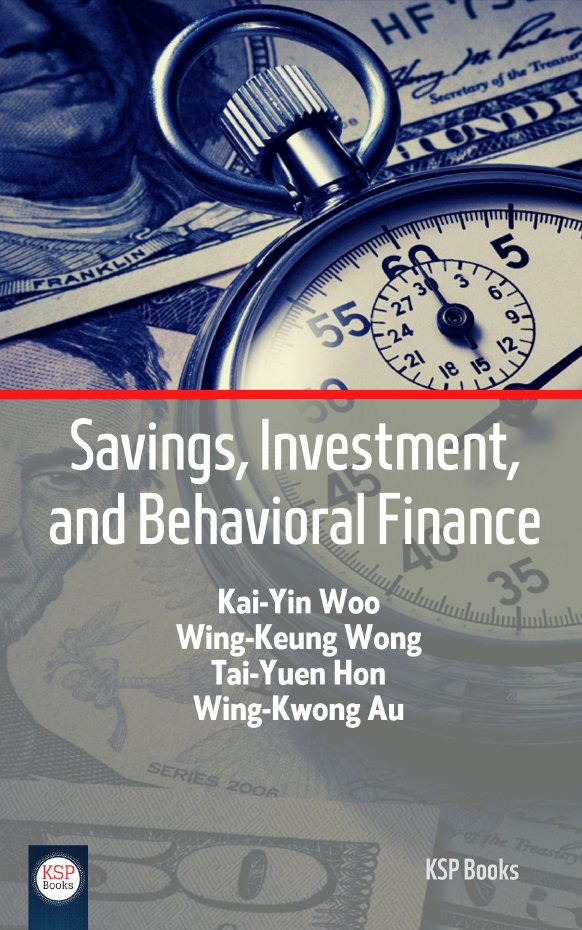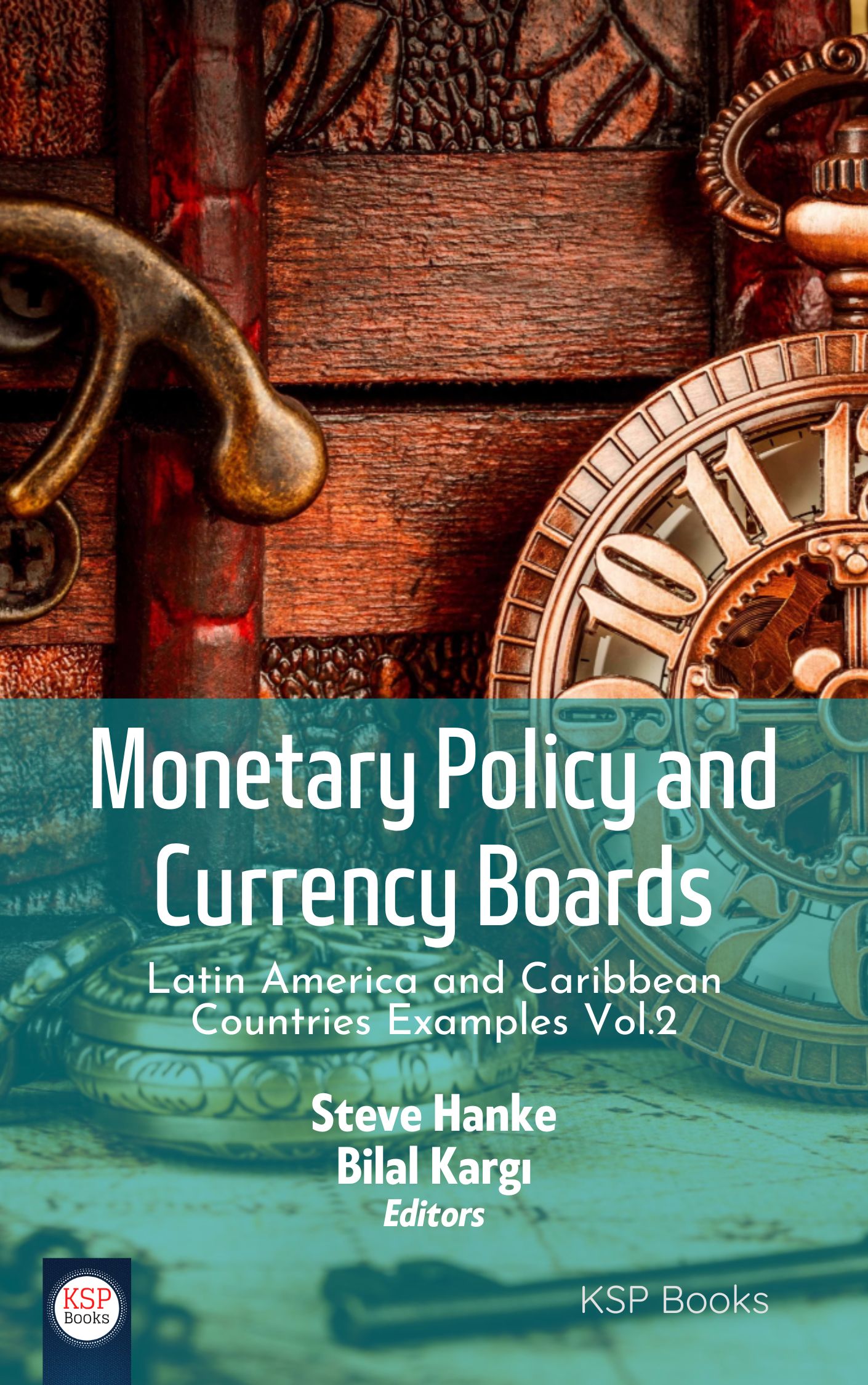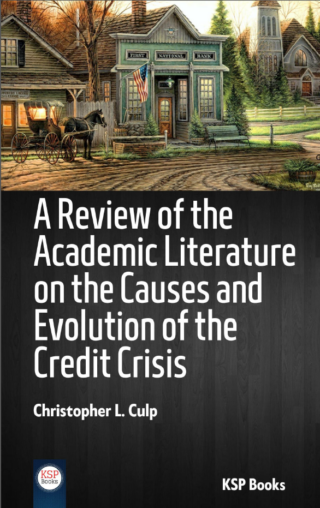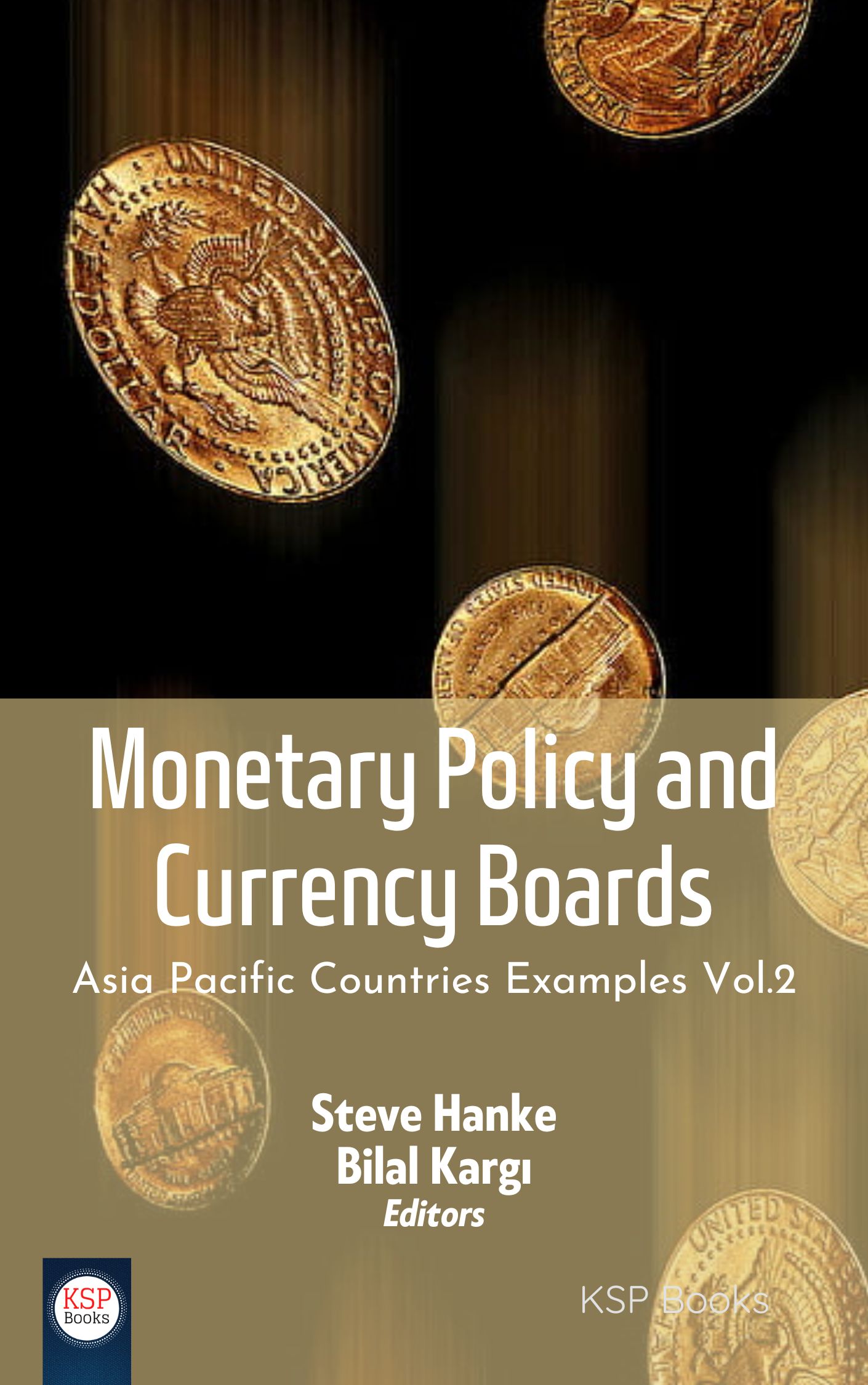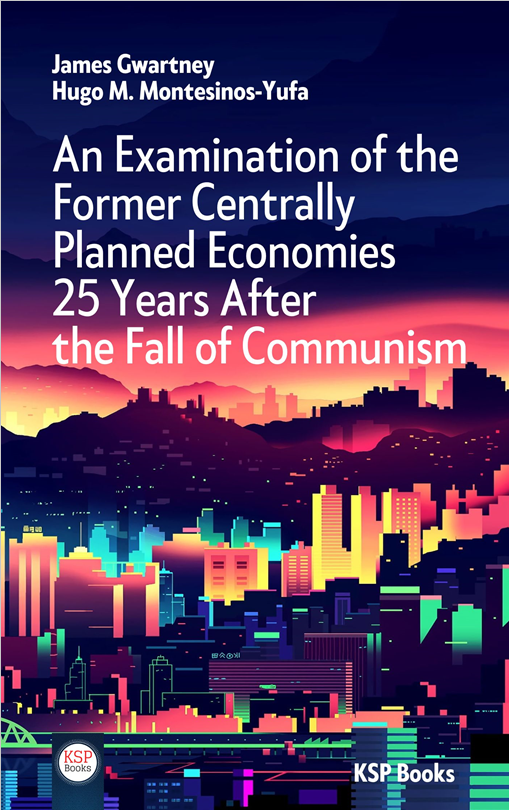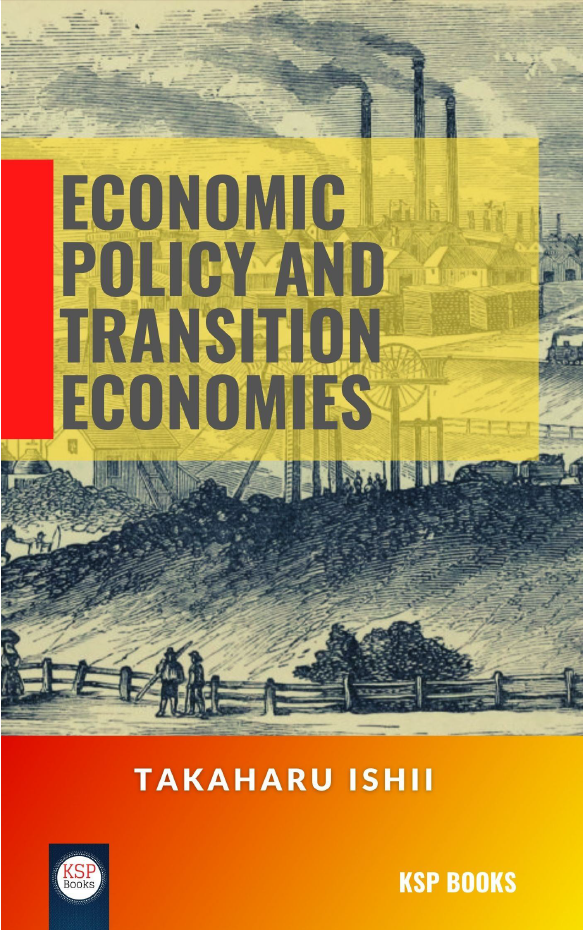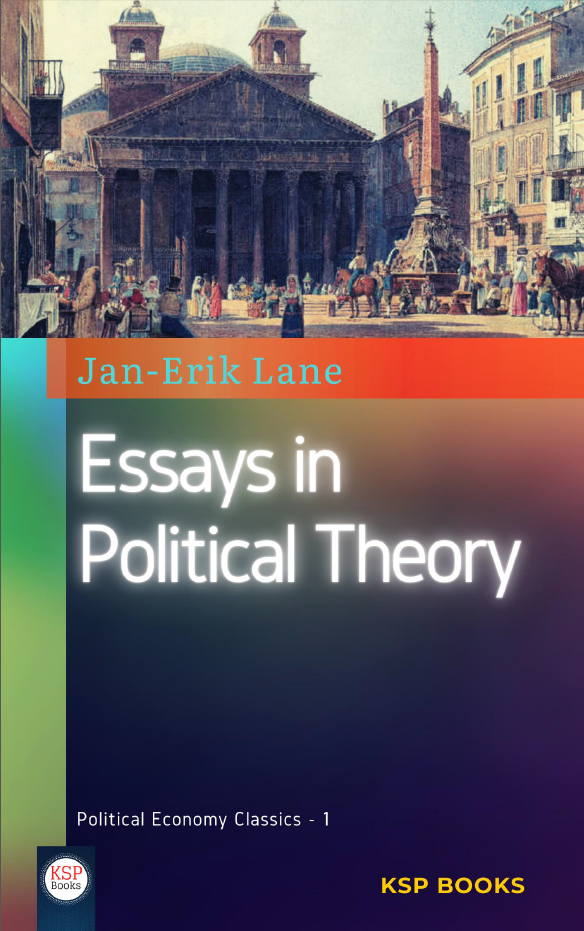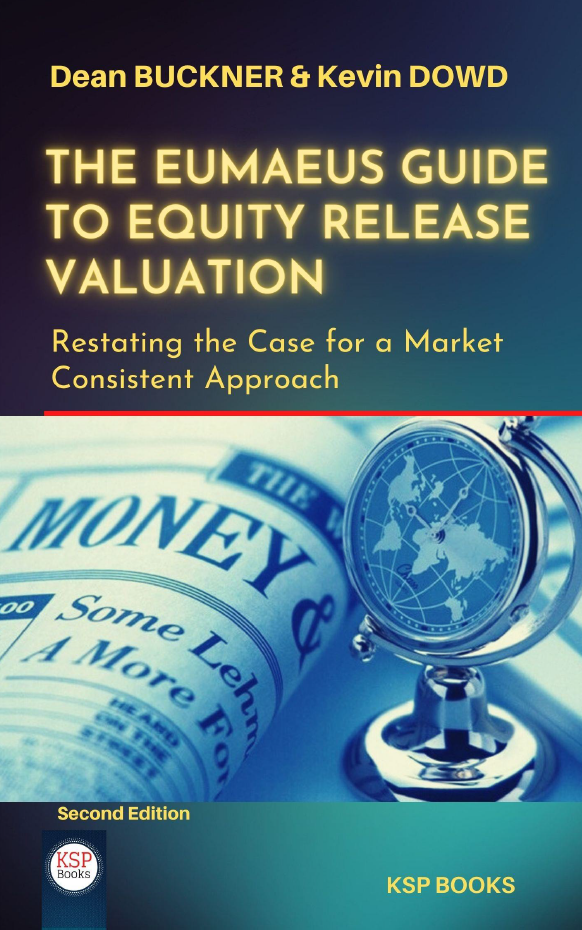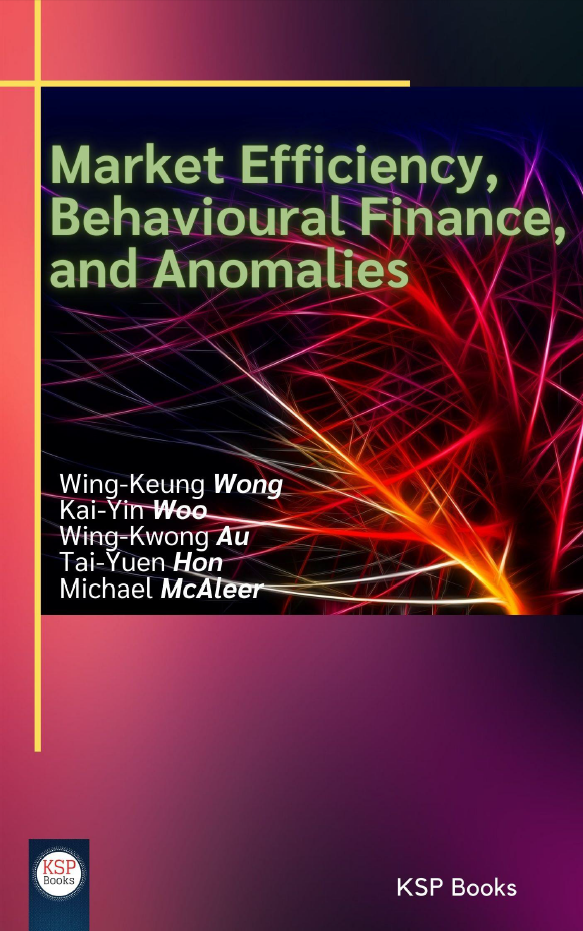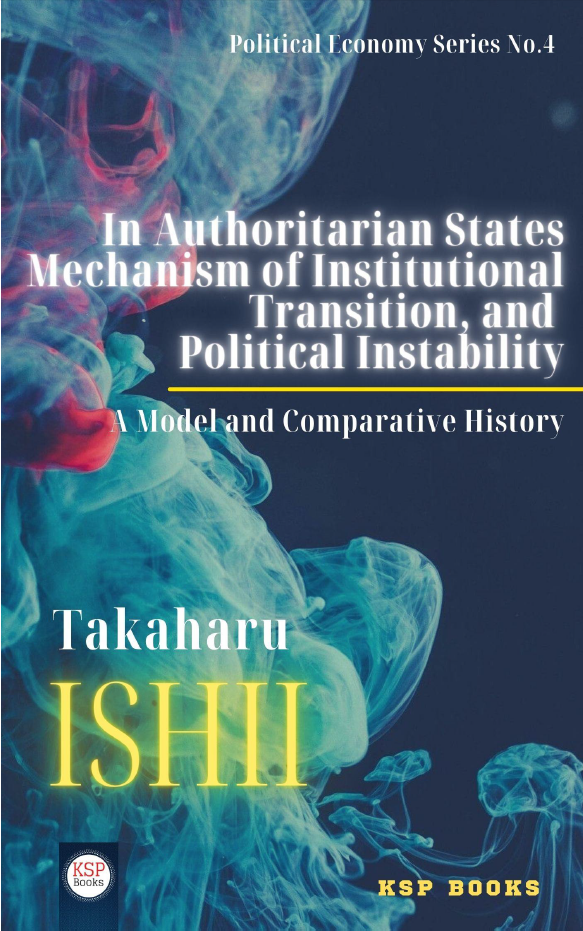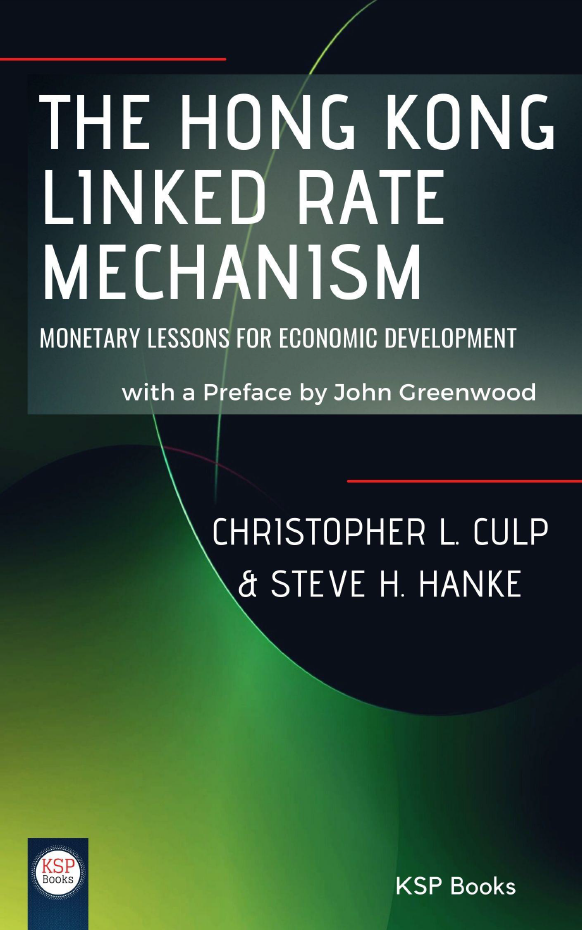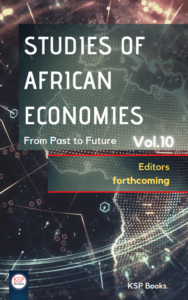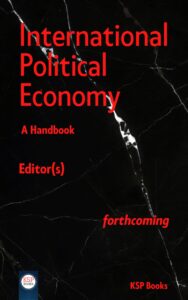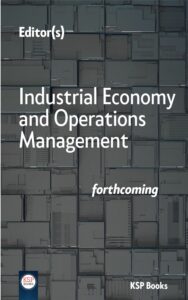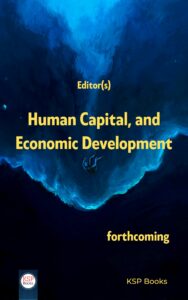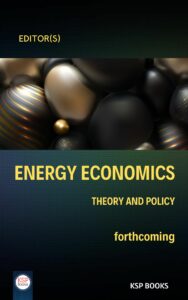Editors
Benjamin Yamb
University of Douala, Cameroon
Youssef Oukhallou
Mohammed V University of Rabat, Morocco
e-ISBN: 978-605-7602-87-9
Publishing Date: July 30, 2019
File Size: 2,336 MB
Length: xiii + 167 pages (PDF)
Language: English
Dimensions: 13,5 x 21,5 cm
 This Book is completely open access. You can freely read, download and share with everyone.
This Book is completely open access. You can freely read, download and share with everyone. 
(Ch.1) This Chapter makes a literary analysis on the factors that impact economic development in Africa, under the approach of the foundations of institutional school of Thorstein Veblen. For reasons for study it follows that European colonial policy corrupts ethnic/cultural ties in Africa, as delimiting boundaries in areas with a diversity of people and, later, with the independence of African countries, European governments lift conditions for a new elite, now African and subjected to a mental structure for European, use the power for the benefit of a specific ethnic group, at the expense of other ethnic groups. Finally, this paper conducts an empirical analysis in panel by OLS and GMM, which points to the impact of corruption in African economic growth.
(Ch.2) The objective of this chapter is to examine the impact of human capital, both quantitative and qualitative, on growth and convergence rates for a sample of African countries over the period 1970-2014. We base our study on a neoclassical growth model augmented by human capital (Solow, 1956), focusing on amplitude variations, signs of estimated coefficients and the speed of convergence of countries towards their stationary states. In addition, the use of panel data estimation procedures helps to fill gaps in cross-sectional estimates. We used the system-GMM method to estimate the dynamic panel model since it provides unbiased results. The results obtained from the productivity equation highlight several observations. First, while physical and human capital have a positive impact on economic growth, the contribution of the latter to the growth rate is more significant than the former. Second, the estimate of the elasticity of output on physical capital is empirically reasonable for oil-producing and lower-middle-income countries. Finally, the integration of human capital as a factor of production in the augmented Solow model causes changes in the results, particularly in the amplitude of the coefficients. To capture country-specific fixed effects and estimate the pure effect of control variables on growth, we used an LSDV estimate incorporating instrumental variables. We have also compared it to the fixed-effects model, the result obtained differs in amplitude. The variables have the expected sign, but their impact is much less important.
(Ch.3) This Chapter analyzes the main channels of transmission of corruption on public spending on health and education as well as their impact on the well-being of populations. In particular, three transmission channels are put in the forefront, namely the transmission channel through prices, the budgetary resources and finally the transmission channel through the purchase of equipment to the detriment of investment in human capital. The analysis compares the different transmission channels and shows that regardless of the means of transmission chosen, corruption negatively affects the well-being of populations. However, the analysis reveals that the price transmission channel is the one that directly affects households.
(Ch.4) Each century comes along with its ups and downs. The 19th century is well known for its multiple conflicts, starvation, exactions leading to the migration of populations from one country to another, from one continent to another in search of greener pastures and security. This massive flow of migrants has significant consequences at the political, cultural and more importantly at the economic level, both at the beginning and at the end. The instability of the population in the world in general and in the Central African sub region in particular carries enormous challenges like economic consequences difficult to face today.
(Ch.5) The influence of monetary policy on human development is of great concern to developing countries. The autoregressive vector model (VAR) was used to target the Human Development Index (HDI) from monetary policy indicators, based on Cameroon’s data from 1990 to 2015. It appears that monetary policy indicators have an impact on the HDI, showing that there is a relationship between monetary policy and HDI. A decrease in the central bank’s main interest rate improves the Human Development Index. Moreover, human development is boosted by an increase in broad money supply M2. A rise in final consumption also enhances the HDI while it is degraded through inflation.
(Ch.6) In this Chapter, we build a New Keynesian reduced-form macroeconomic model for Morocco. The model encompasses three main blocks: an aggregate demand equation (IS curve), a price-setting equation (Phillips curve) and a Taylor-type monetary policy rule. In our model, we consider a significant forward-looking component when explaining inflation dynamics, which enables us to include agent’s expectations. The downstream aim of this work is to provide the research community with new possibilities in terms of economic workhorse modelling, particularly for monetary policy analysis purposes.
1 Underdevelopment in Africa: A Veblenian institutional approach
Andre Abdala
2 Economic growth, human capital & convergence: Panel data analysis for a sample of African countries
Youssef Bourdane & Othmane Fahim
3 Highlighting the main channels of transmission of corruption on public spending on health and education in Cameroon
Benjamin Yamb & Oscar Bayemi
4 Migration flows in the World in the 19th century: The case study of Central Africa: Types, reasons, challenges and economic consequences both at the beginning and at the end
Paul Mpake Nyeke
5 Monetary policy and human development index: Is there a relationship in Africa?
Jean Louis Ekomane
6 A Small Scale Macroeconomic Model for Morocco
Youssef Oukhallou, & Abla Mrabti
Benjamin Yamb
University of Douala, Cameroon
Benjamin Yamb is professor of economics and statistics at the Advanced School of Economics and Commerce at the University of Douala in Cameroon. He was Head of International Trade and Management Department for almost 10 years (2003-2013) where he set up the professional master degree in International Trade and Supply Chain Management. He holds a Master degree in Economics (University of Montreal, Quebec Canada), a master degree in Statistics (The American University Washington DC) and a doctorate in economics (University of Paris 1 pantheon Sorbonne). He is the author of several publications in local and international journals. He has served as a consultant in many international organizations, such as the European Union where he set up a system for collecting, processing and analyzing commercial data in Chad. His areas of interest are financial macroeconomics including exchange rates, governance models in this case in developing countries and discrete choice statistical models.
Youssef Oukhallou
Mohammed V University of Rabat, Morocco
Dr Youssef Oukhallou is an experienced economist specialized in public finance and development economics. He has a PhD in financial macroeconomics from the Mohammed V University of Rabat (Morocco) and an MSc in economic development and policy analysis from the University of Nottingham (United Kingdom). With a combined experience of over a decade in government procurement, economic journalism and political campaign management, Dr Oukhallou offers in his publications a unique perspective that combines the analysis of legal and institutional underpinnings of economic phenomena with statistic-based inference.
Related EconPedia Items


